It's difficult to know which finance books are truly worth reading because there are so many different titles to choose from. Whatever your level of expertise, you'll almost certainly discover something on this list that will help you improve your financial literacy. We've covered personal finance, investing, economic books, and business books. Here are our 39 top recommendations:
Table Of Contents
- The Intelligent Investor
- The Personal MBA
- The Simple Path To Wealth
- Think and Grow Rich
- Rich Dad Poor Dad
- The Psychology Of Money
- The 48 Laws Of Power
- The Millionaire Fastlane
- Blue Ocean Strategy
- Built To Last
- The Big Short
- I Will Teach You To Be Rich
- Delivering Happiness
- Deep Work
- Principles
- One Up On Wall Street
- Outliers
- Profit First
- The Alchemy Of Finance
- Zero To One
- 7 Habits Of Highly Effective People
- Hooked
- First 90 Days
- The Chimp Paradox
- The Monk Who Sold His Ferrari
- Happy Sexy Millionaire
- Start with Why
- How To Own The World
- The New Confessions Of An Economic Hitman
- Your Money or Your Life
- The Millionaire Next Door
- Broke Millennial
- The Total Money Makeover
- Debt Free Degree
- The Automatic Millionaire
- Financial Freedom
- The Richest Man in Babylon
- Spend Well, Live Rich
- A Random Walk Down Wall Street
When you buy through links on our site, we may receive an affiliate commission. As an Amazon Associate, we earn from qualifying purchases.
1. The Intelligent Investor
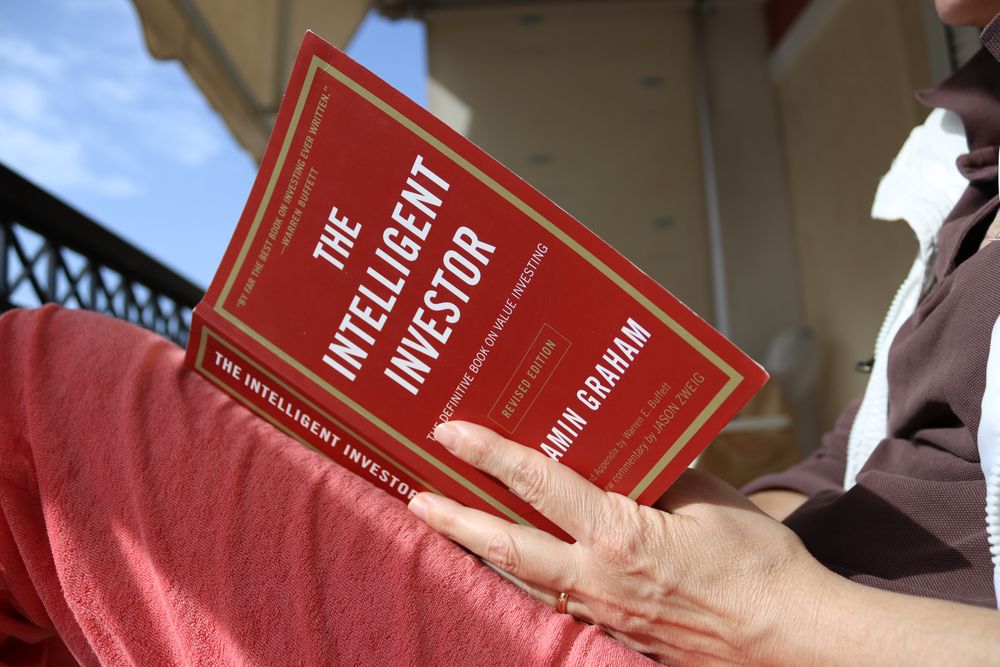
Key Takeaways
- Find value in the stocks you are buying
- Don't get caught up in hype or the latest financial products
- Invest for the long term, fees will destroy income unless you are are a professional.
The Intelligent Investor: The Definitive Book on Value Investing by Benjamin Graham and Jason Zweig is widely considered to be one of the best finance books of all time. Graham was a highly respected investor and economist, and in this book he lays out his investing philosophy that centers around finding value in companies.
This book is perfect for those who are looking to learn more about how to value stocks and other investments. Warren Buffett once said that The Intelligent Investor was "the best book on investing ever written."
2. The Personal MBA
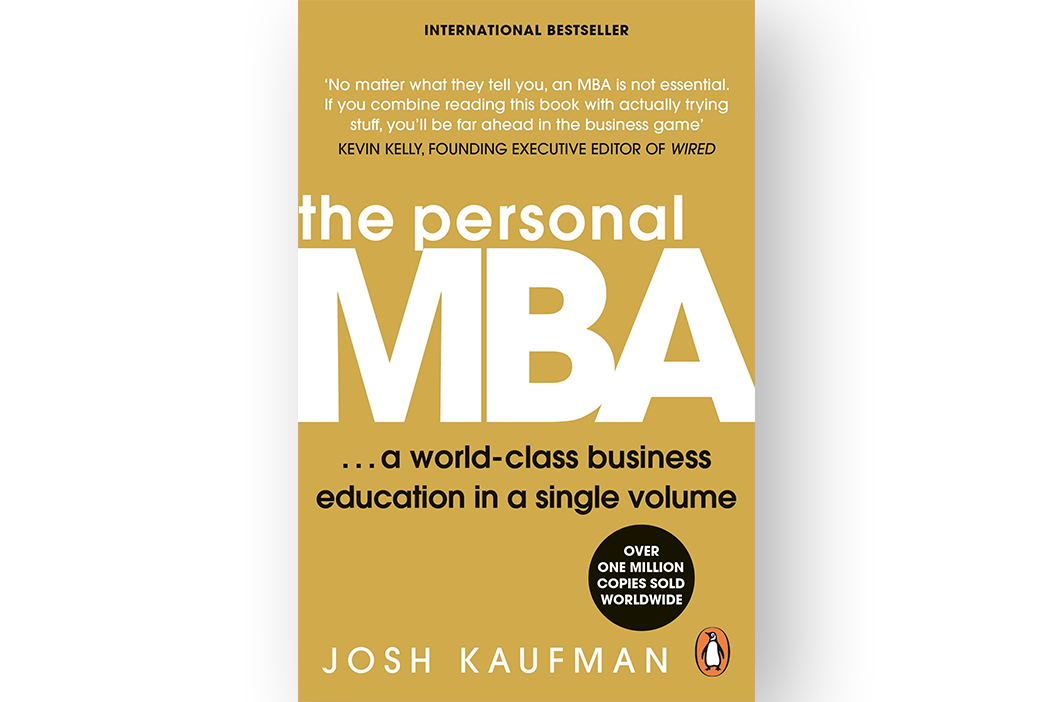
Josh Kaufman provides an overview of the most important concepts taught in business school, and helps readers learn these concepts on their own.
Kaufman begins by explaining why traditional business school is a bad investment for most people. He argues that the cost of business school is too high, and the return on investment is often negative. He also argues that most business schools do not teach practical skills that can be immediately applied in the real world.
Kaufman then provides an overview of the core concepts taught in business school. He covers topics such as accounting, finance, marketing, and strategy. He also provides an overview of the different types of businesses, and explains how businesses operate.
3. The Simple Path To Wealth
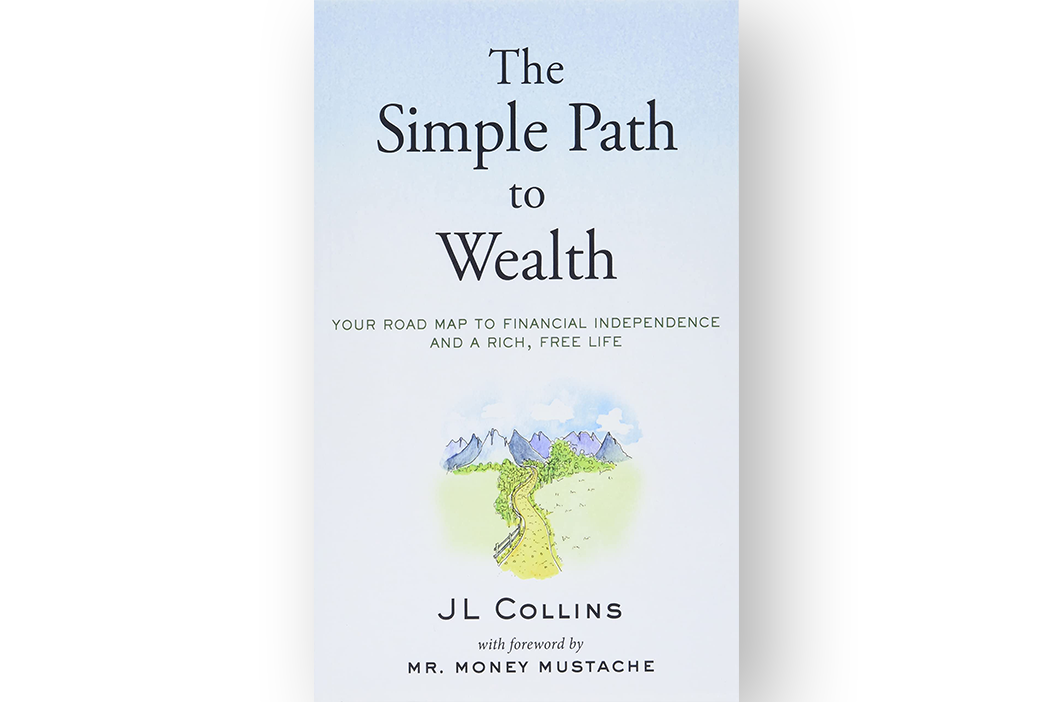
Collins provides readers with a clear and concise guide to achieving financial independence and building wealth. JL Collins shares his own story of how he achieved financial freedom, and provides readers with actionable steps they can take to achieve similar success.
4. Think And Grow Rich
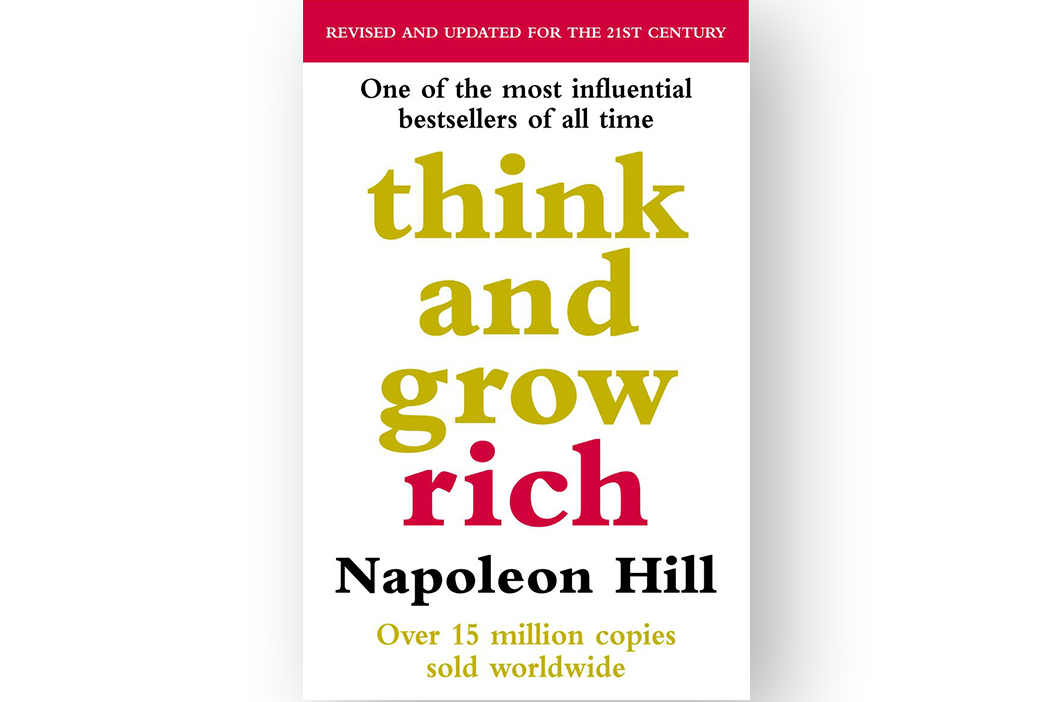
The central theme of Think and Grow Rich is that personal wealth can be created through one's thoughts and actions. Napoleon Hill explores methods to accumulate money, how to keep it, and how to use it. Many of the book's 15 chapters cover principles for creating wealth and lays out strategies that may help you achieve it.
5. Rich Dad Poor Dad
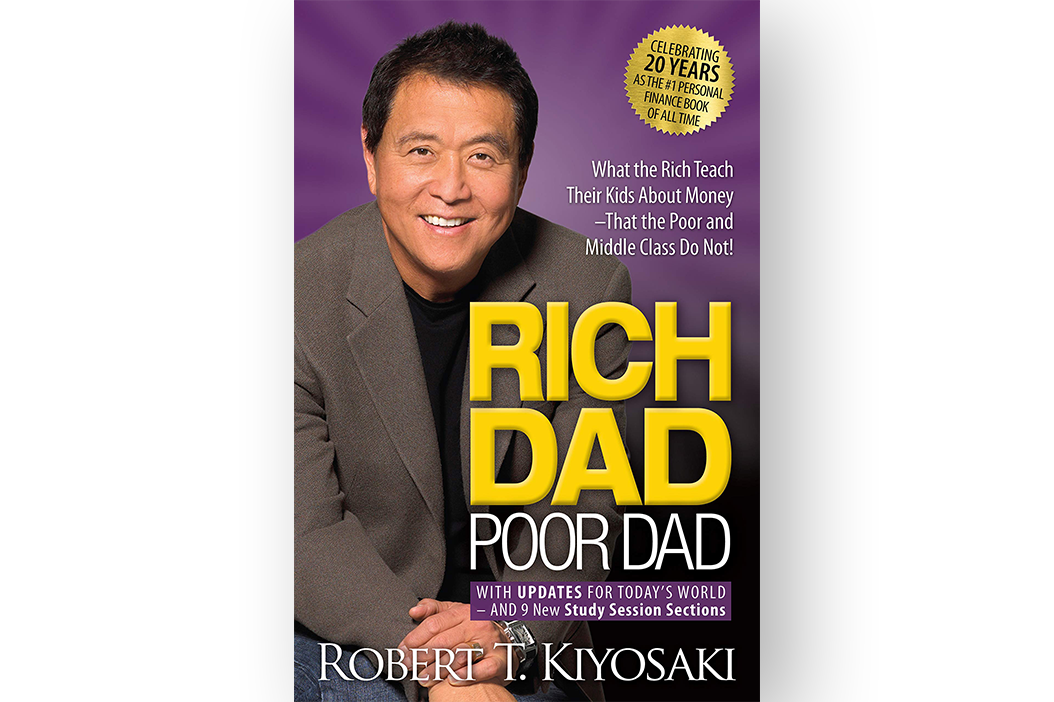
Robert Kiyosaki explores the differing financial philosophies of his two fathers (one of them his best friend's father) - one rich, one poor. His friend's father is the one that is very rich.
Kiyosaki argues that the biggest difference between the rich and the poor is not income, but what you do with your money. He advocates for a shift in thinking in order to achieve financial freedom.
6. The Psychology Of Money
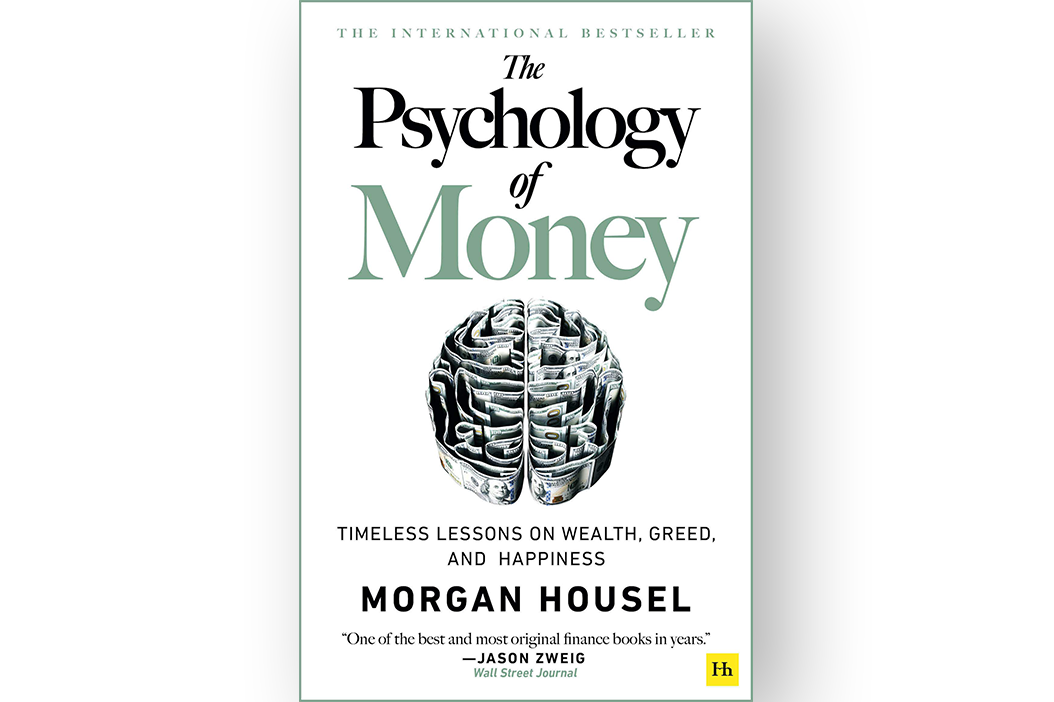
Morgan Housel starts by exploring how our brains are wired when it comes to money. He looks at how we make decisions about money, and how those decisions are often based on emotions rather than logic. He goes on to discuss how our beliefs about money can lead us to make poor financial decisions.
7. The 48 Laws Of Power
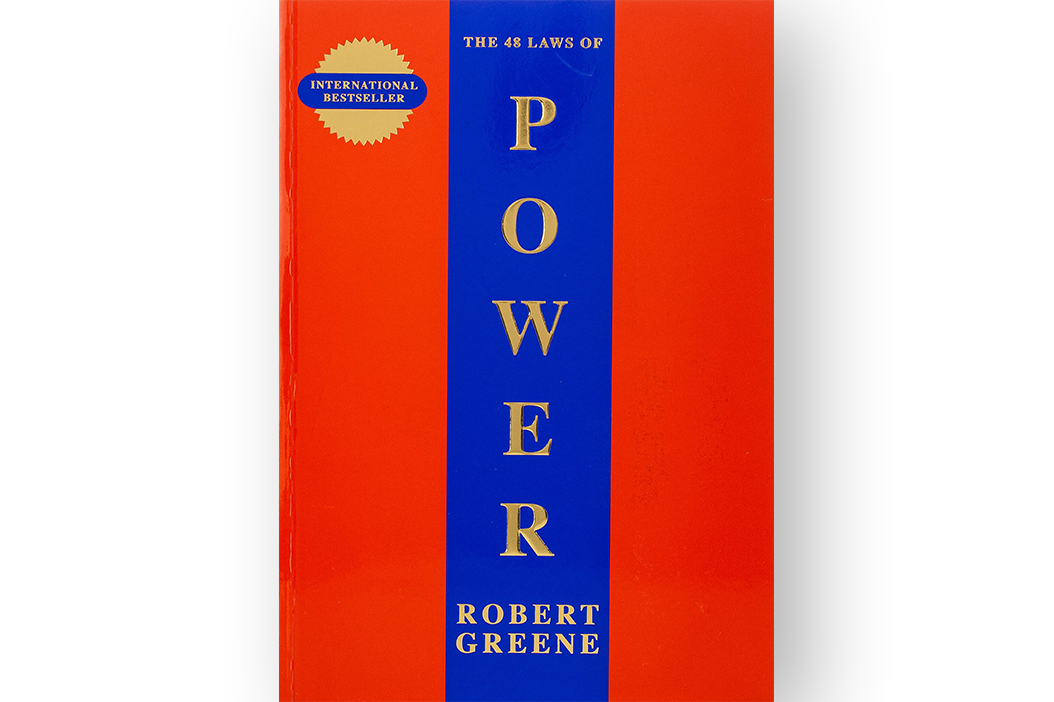
Robert Greene dives into the psychology of power and how it can be used to achieve success in life. The book is broken down into 48 laws, each of which is designed to give you a better understanding of how power works, how it can be used to your advantage, and prevent other people from using these tactics on you.
8. The Millionaire Fastlane
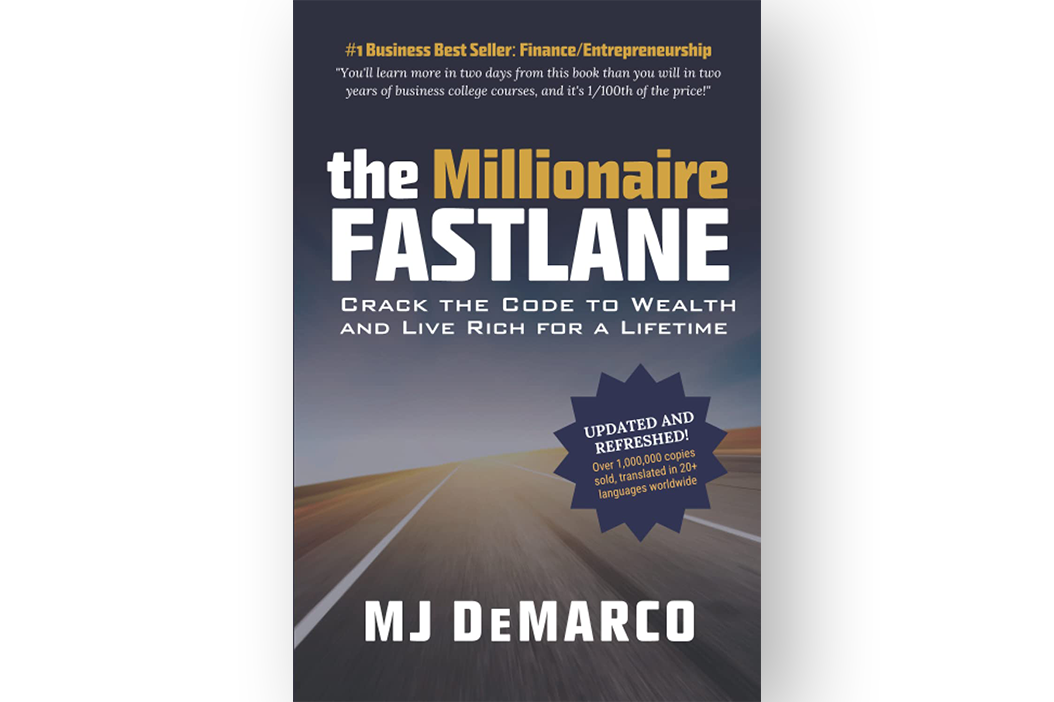
MJ DeMarco shares his secrets on how to make money and starts out by discussing the difference between the "fastlane" and the "slowlane." The fastlane is the path to wealth, while the slowlane is the path most people take. He also discusses building a business that can make you wealthy, rather than working for someone else.
9. Blue Ocean Strategy
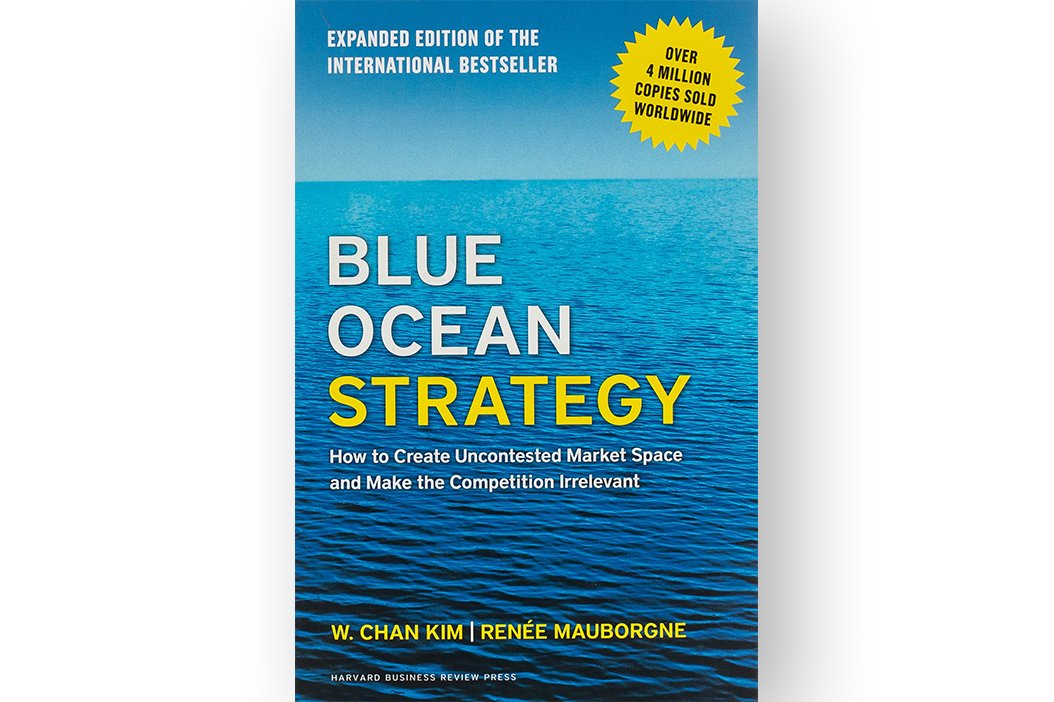
W. Chan Kim and Roger Wayne present a systematic approach to find "blue oceans" of uncontested market space and make the competition irrelevant.
The key idea behind blue ocean strategy is that companies should focus on creating new markets rather than competing in existing ones. The authors argue that the best way to do this is to find uncontested market space, where there is no competition. This can be done by looking for areas where there is unmet customer need, or by creating entirely new markets.
10. Built To Last
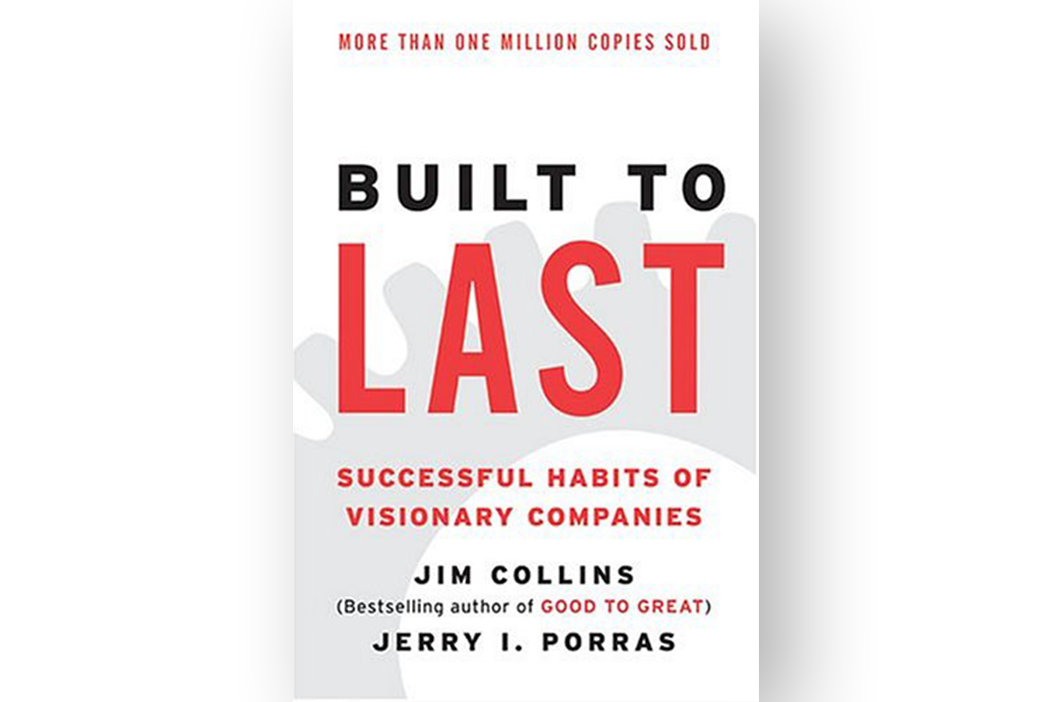
Jim Collins and Jerry Porras take a comprehensive look at some of the world's most successful companies. These organizations have not only survived but thrived over long periods of time, through good times and bad. It explores what sets them apart.
11. The Big Short
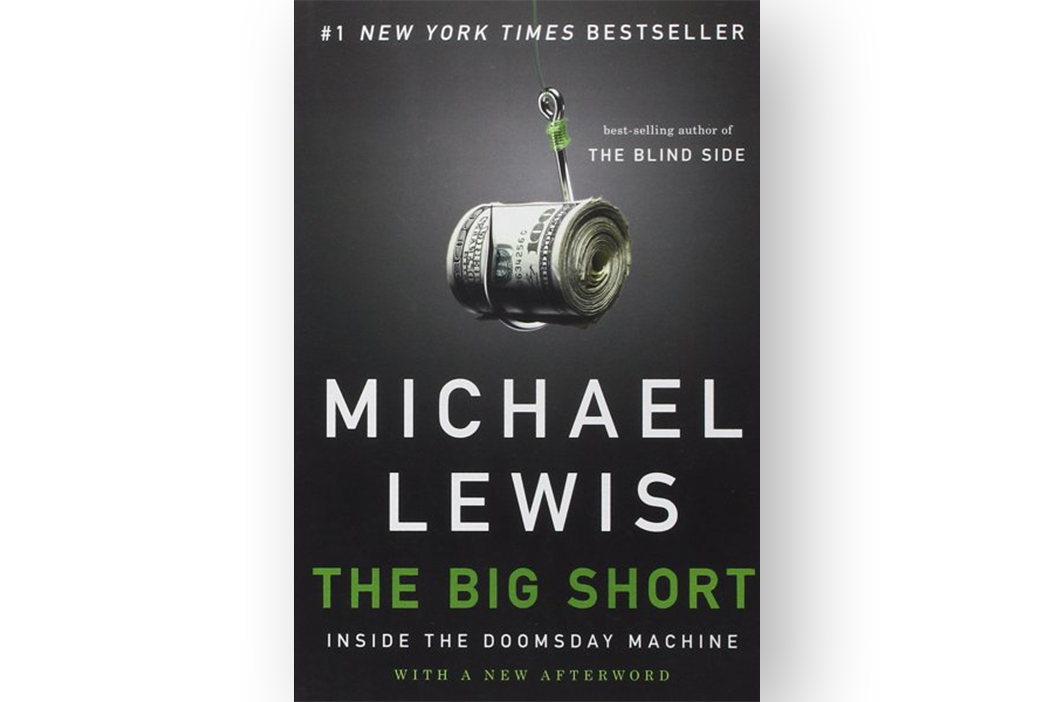
The Big Short is a 2010 book by Michael Lewis, based on the true story of four outsider investors who predicted the credit and housing bubble collapse of the mid-2000s. These men saw what no one else recognized—that the U.S. economy was headed for disaster. They bet against the American mortgage market, making a fortune in the process.
12. I Will Teach You To Be Rich
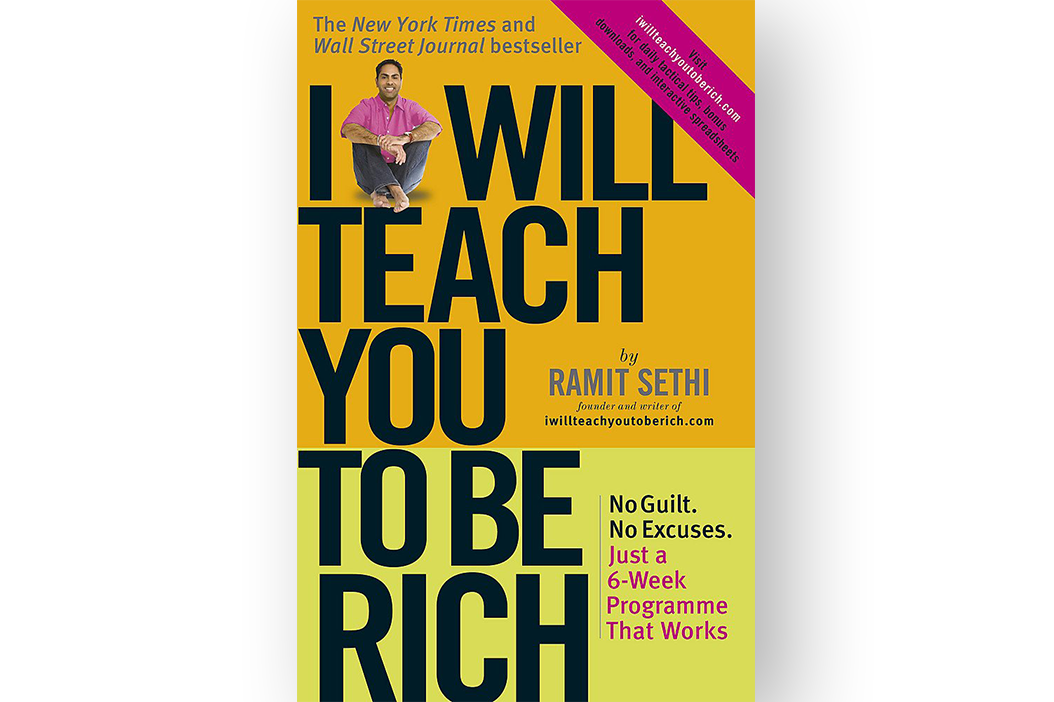
Ramit Sethi shares his approach to money and life. He provides actionable advice on how to save money, make more money, and live a rich life. He also shares his unique approach to life in a way that is full of experiences and happiness, not just material possessions.
13. Delivering Happiness
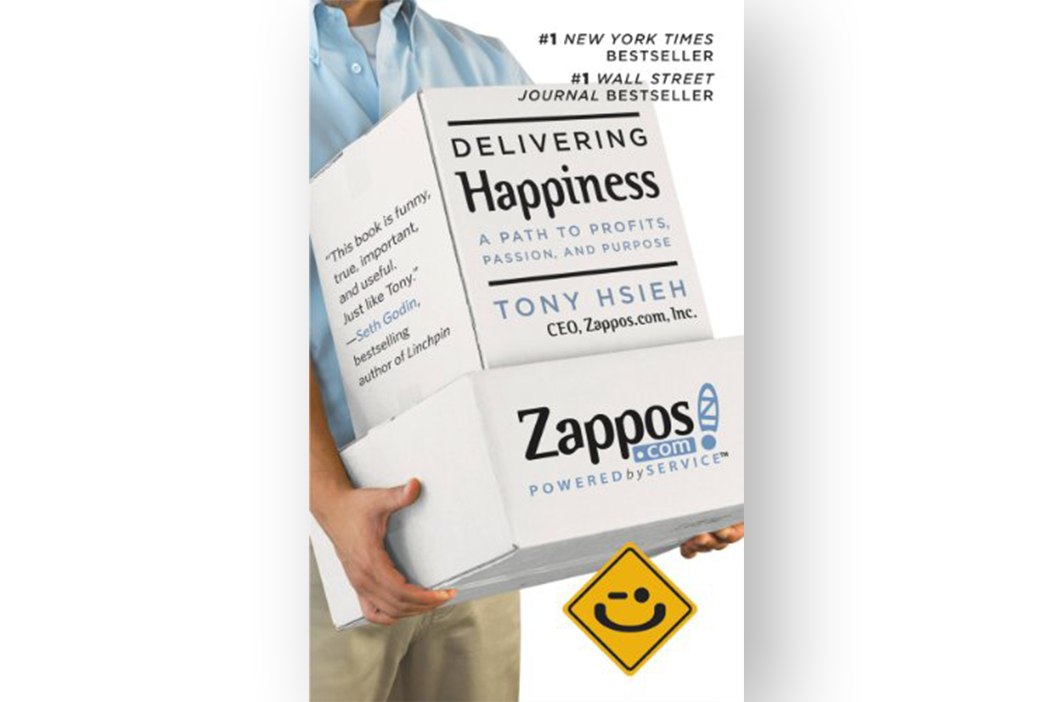
This book is both written by, and about Tony Hsieh and his journey to create Zappos, an online retail company that sells shoes, clothing, and other accessories. Hsieh shares his story of how he started the company and how he has grown it into a successful business. He also discusses the importance of culture and customer service within a company, and how they contribute to delivering happiness.
14. Deep Work
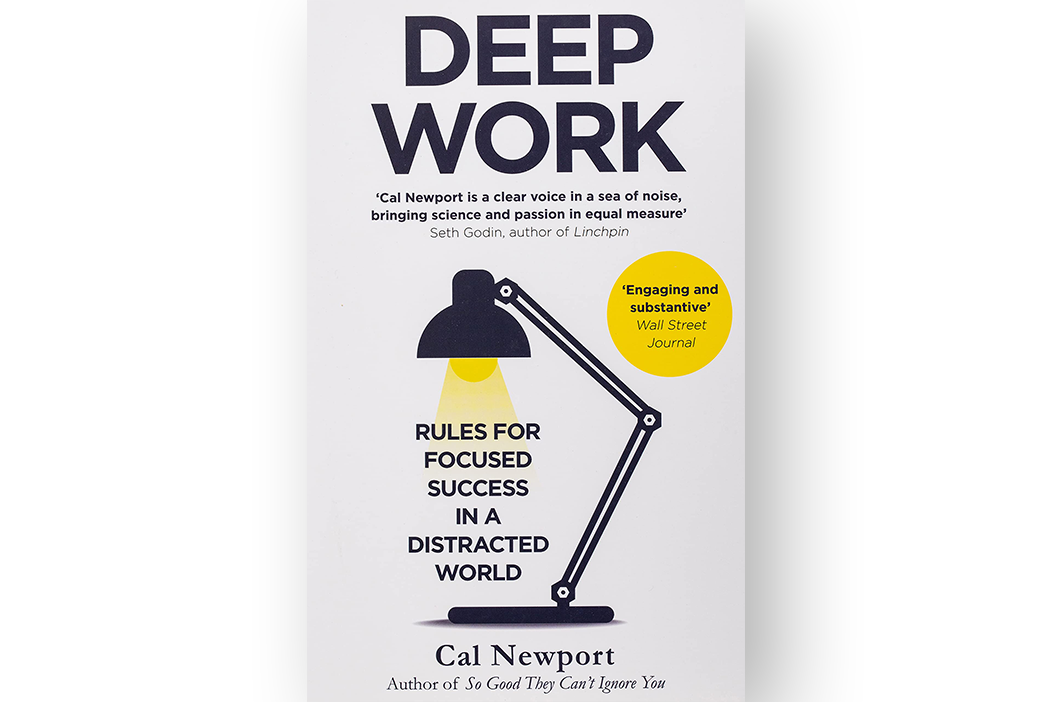
In his book, Cal Newport explains what deep work is, why it's important, and how you can achieve it. Deep work is the ability to focus without distraction on a cognitively demanding task. It is a skill that allows you to quickly master difficult material and produce better results in less time. Newport argues that deep work is becoming increasingly rare as the world moves more and more towards a shallow, distractible culture. He believes that those who cultivate a deep work ethic will be the ones who succeed in our increasingly competitive economy.
15. Principles
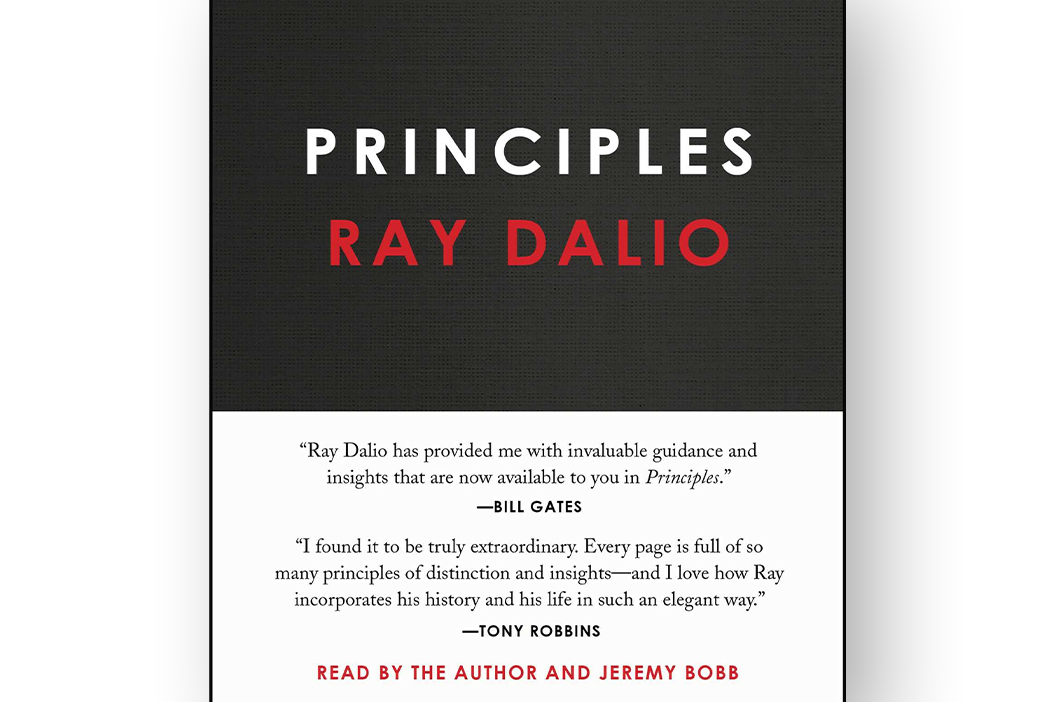
Ray Dalio shares his unique approach to life and work, which he has developed over four decades as founder of one of the worlds largest investment firms. Dalio believes that much of life and business can be distilled into rules.
16. One Up On Wall Street
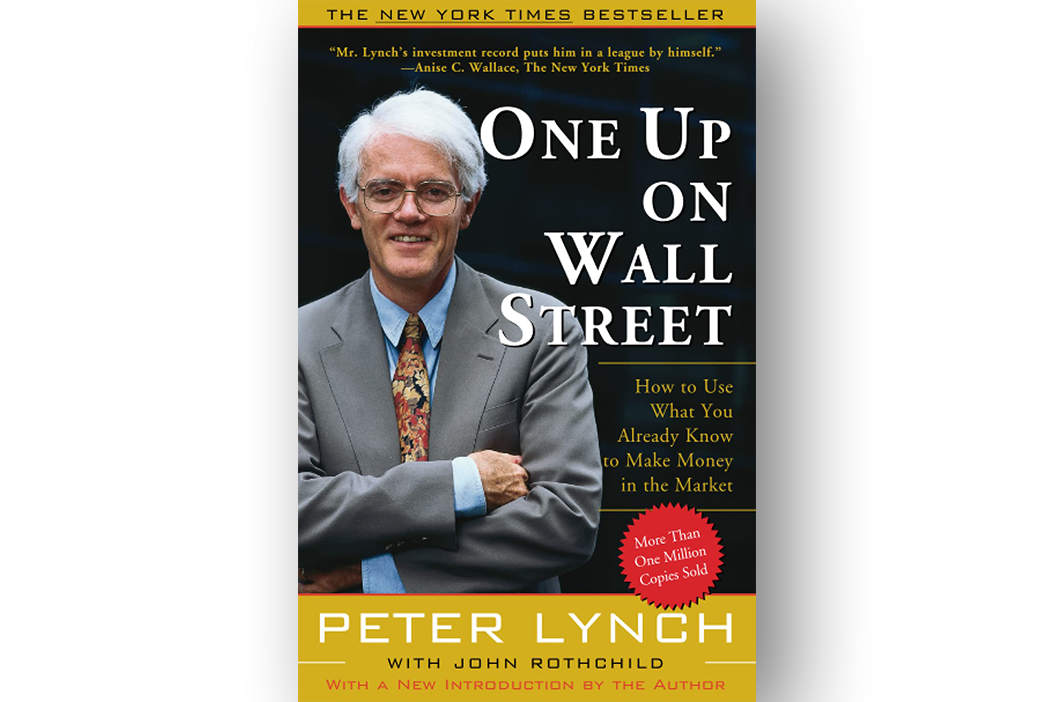
Peter Lynch argues that the key to outperforming the market is to find good companies and then hold on to them for the long term. He also believes that investors should pay attention to their own personal experiences when making investment decisions.
17. Outliers
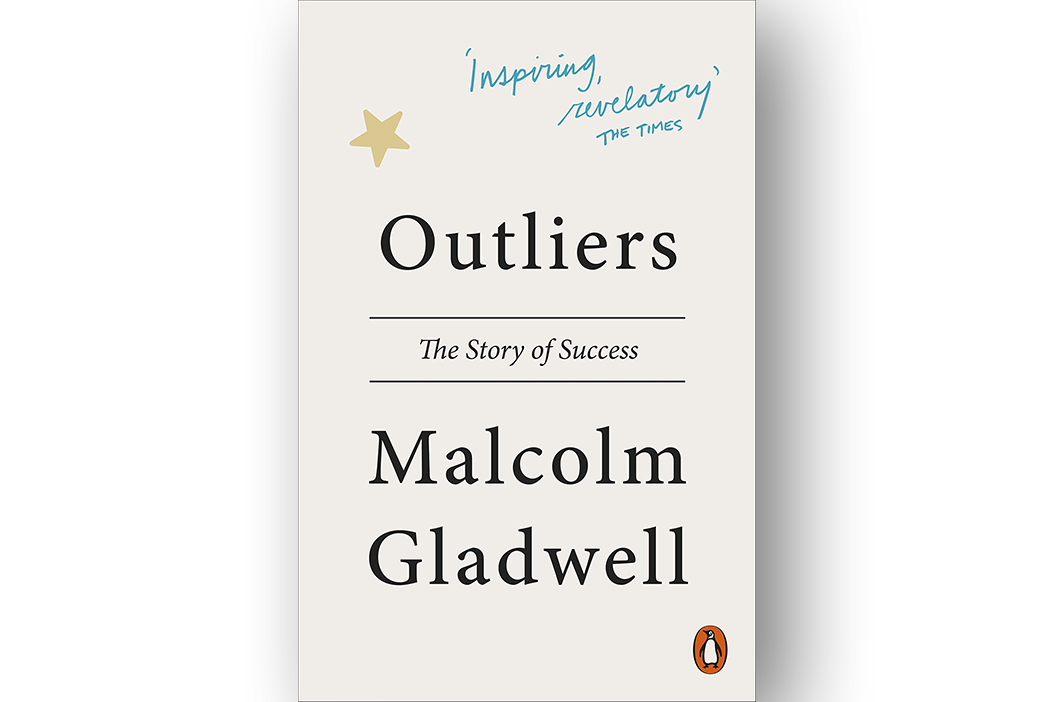
In Outliers, Malcolm Gladwell examines the lives of successful people in order to understand what makes them different from the rest of us. He looks at how they were raised, their education, and the opportunities they had available to them.
Gladwell argues that success is not simply a matter of talent or hard work. It is also the result of being in the right place at the right time and having the right opportunities. He gives the example of Bill Gates, who became a successful computer programmer because he had access to a computer in his school.
In conclusion, Gladwell argues that we should not be quick to judge people based on their success or failure. Instead, we should try to understand the factors that contributed to their success or failure.
18. Profit First
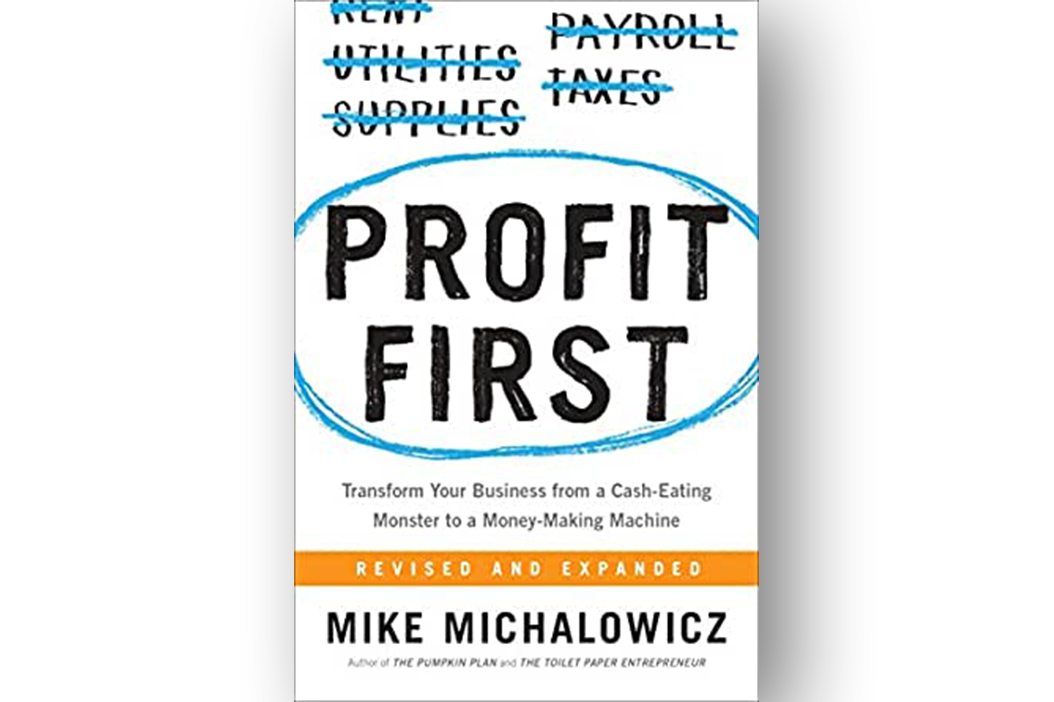
Mike Michalowicz provides a new perspective on how to try and ensure your business is profitable. Rather than looking at profitability as an after-the-fact measure, Michalowicz shows that it should be the primary focus of every business decision you make.
19. The Alchemy Of Finance
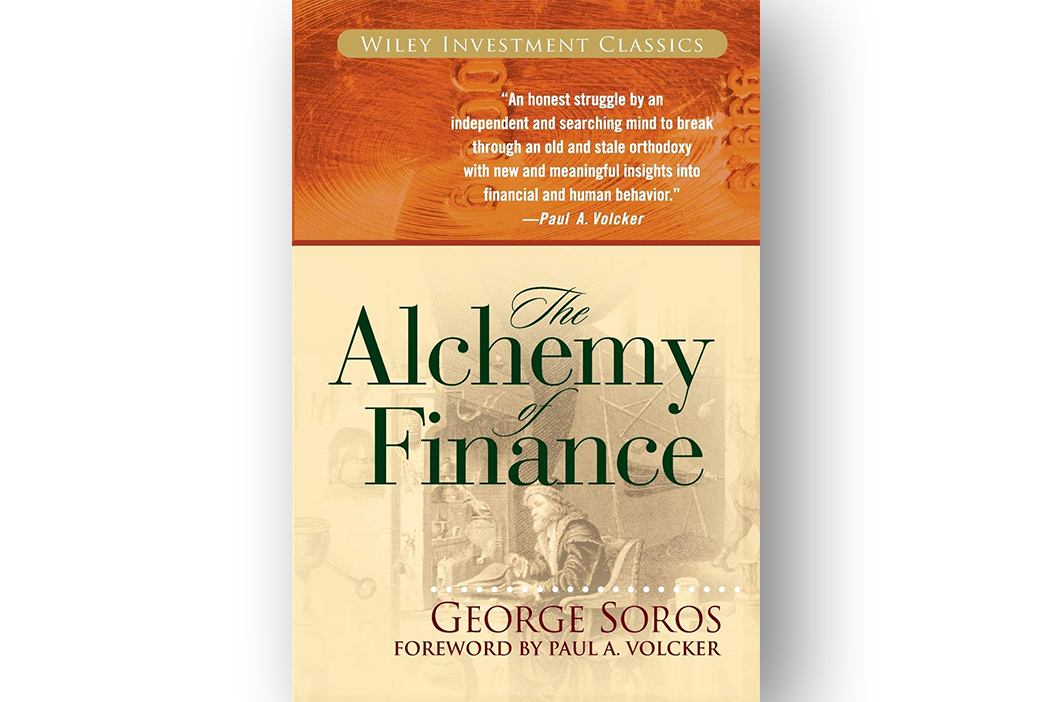
George Soros shares his insights on a wide range of topics, from the role of central banks to the importance of managing risk. He also provides an in-depth look at his own investing philosophy and how he has applied it to his career.
20. Zero To One
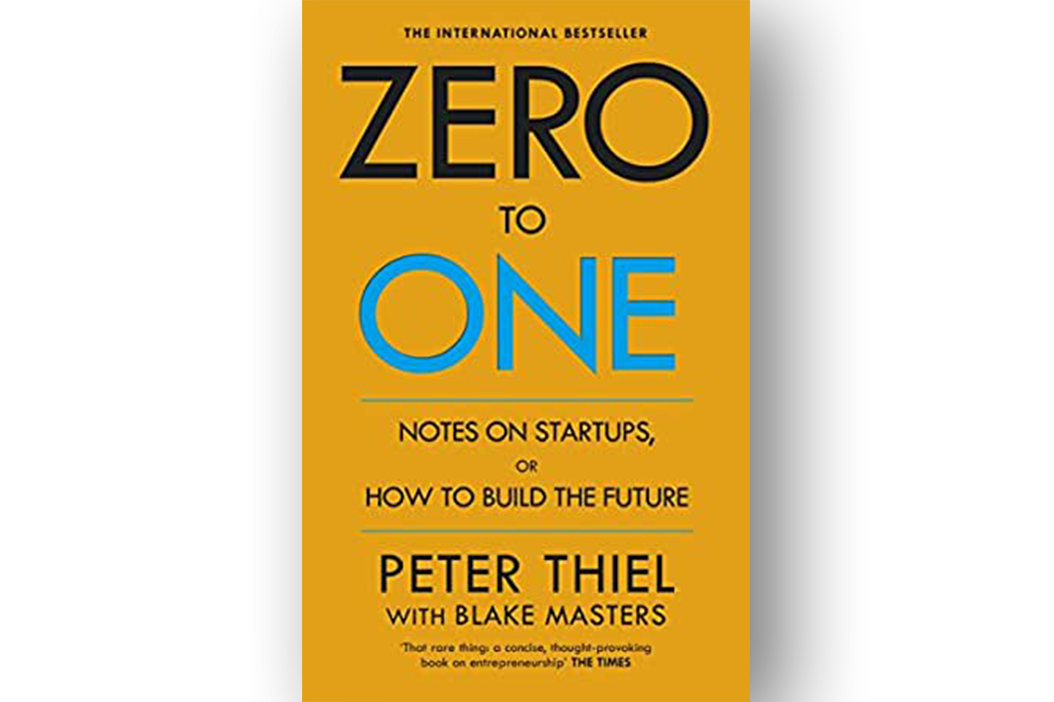
Peter Thiel starts by talking about how most people think about progress in the wrong way. They see it as a linear process, where each new thing is just a slightly improved version of what came before. But in reality, progress is more like a tree: it happens when someone branches off from the existing world and does something new.
To build something new, you have to think differently from everyone else. You have to be able to see the world in a new way and identify problems that no one else has noticed. This is why originality is so important.
21. 7 Habits Of Highly Effective People
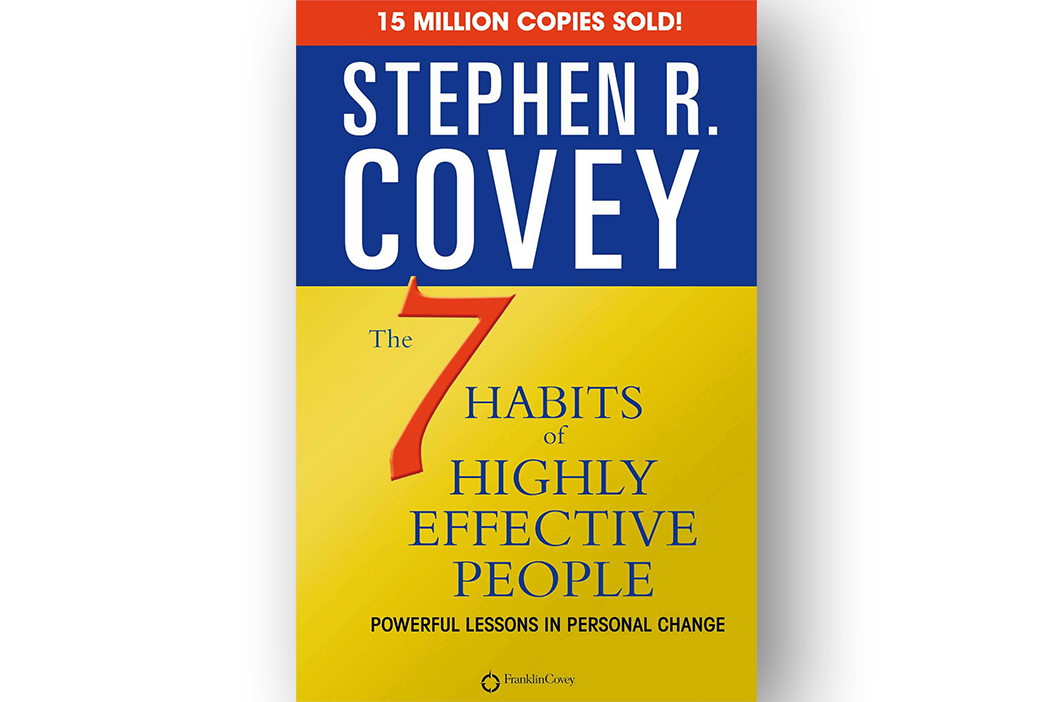
Stephen Covey outlines seven key habits that are essential for success in life. They cover everything from taking initiative and being proactive to communicating effectively and thinking win-win.
22. Hooked
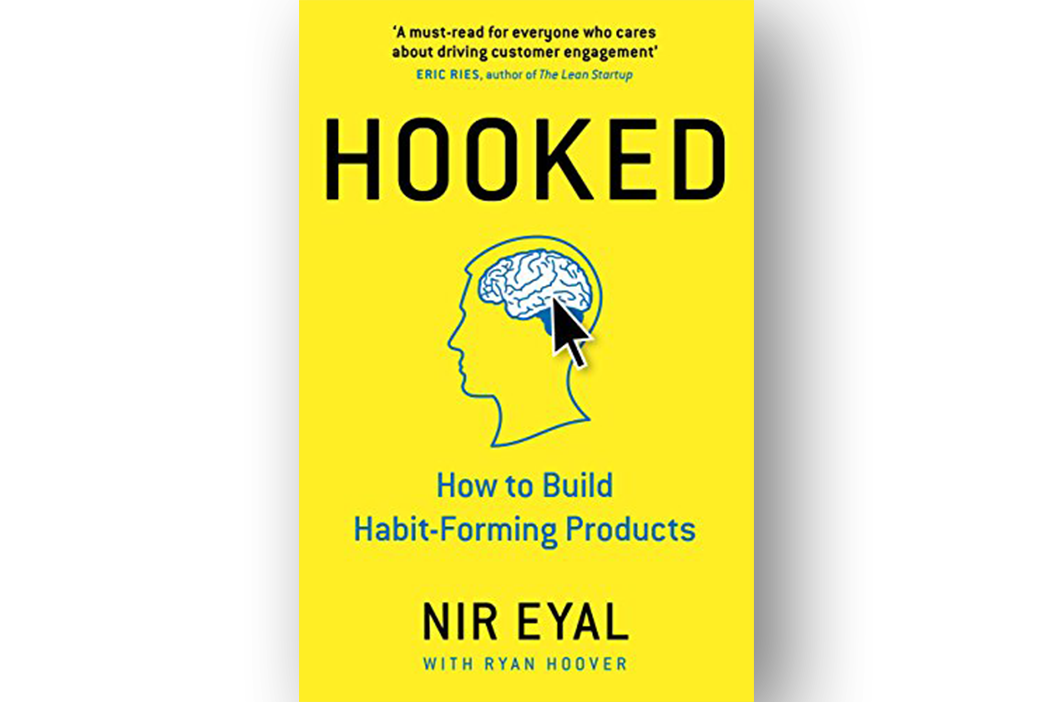
Hooked is a book about how to create products that people can't put down. In it, author Nir Eyal reveals the four-step process for creating products, which are designed to keep users coming back for more. They cover, trigger, action, reward, and investment and by using these four steps, it describes how you can create products that are designed to keep users coming back for more.
23. First 90 Days
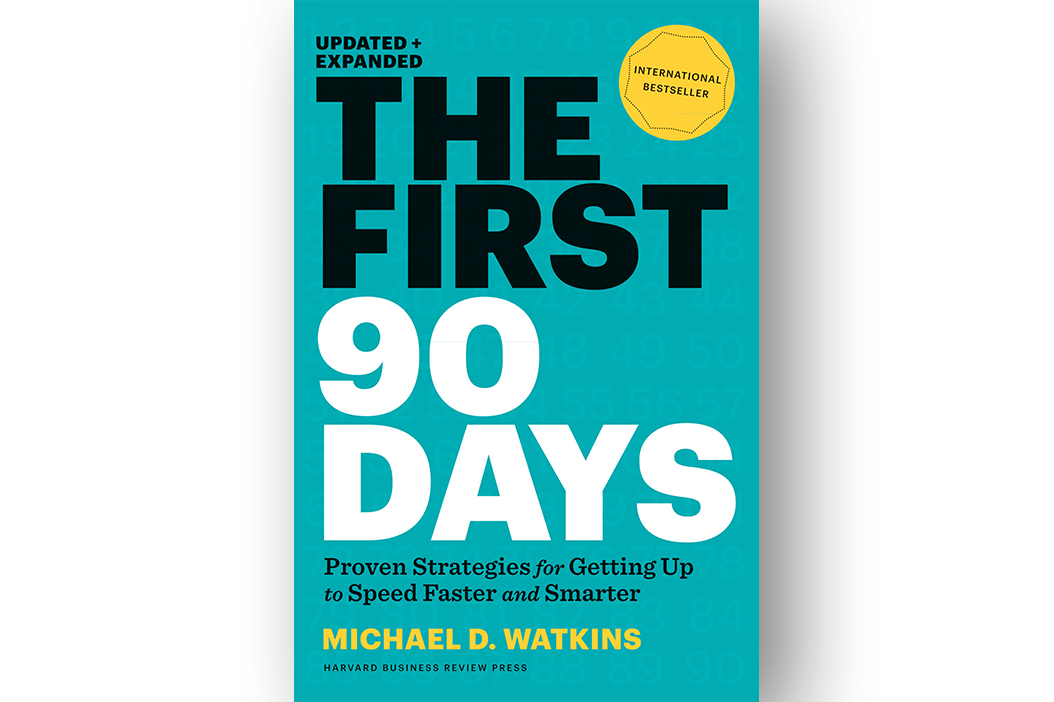
In The First 90 Days, Michael Watkins provides a framework for success during those crucial first three months in a new job. He offers advice on how to hit the ground running, build credibility, and make an impact quickly.
Watkins emphasizes the importance of understanding the organizational culture and the politics of the organization. He also stresses the need to create a network of allies and sponsors.
The book provides a step-by-step approach for those starting a new job, including how to assess the situation, develop a strategy, set priorities, and create a plan of action. Watkins also addresses common challenges such as dealing with resistance from others, managing your own emotions, and handling unexpected setbacks.
24. The Chimp Paradox
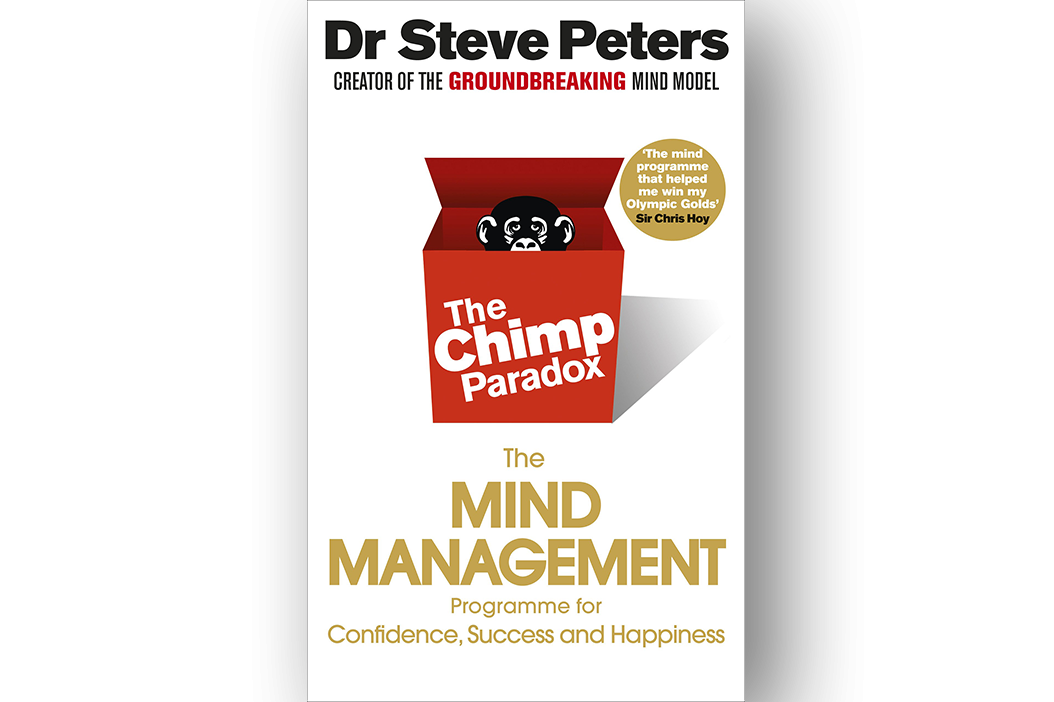
The Chimp Paradox is a self-help book that aims to help readers control their inner “chimp” or emotional mind, in order to live a more successful and happy life. The book is based on the idea that humans have two minds – the rational, logical “human” mind, and the emotional, impulsive “chimp” mind. The chimp mind is responsible for our survival instincts, but it can also lead us to make bad decisions that can ruin our lives. The book teaches readers how to control their inner chimp and make better choices in life.
25. The Monk Who Sold His Ferrari
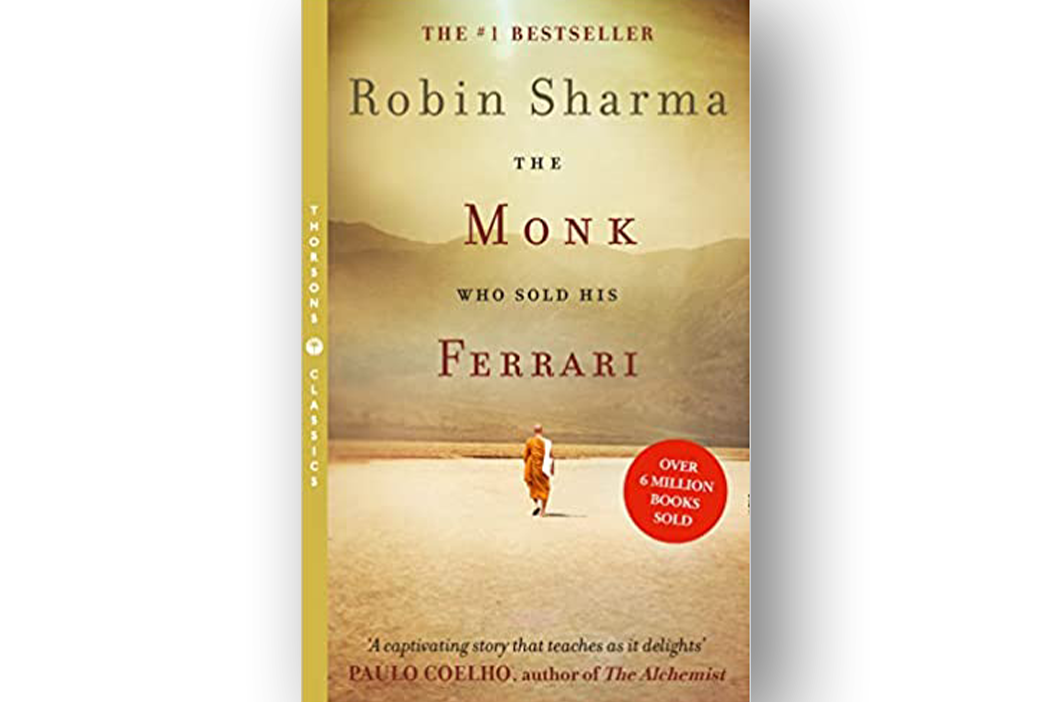
The Monk Who Sold His Ferrari tells the story of Julian Mantle, a successful lawyer who decides to sell everything he owns and become a monk after having a life-changing epiphany. The book follows Julian as he enters the monastery and learns to live a simple, but fulfilling life. Along the way, Julian shares his wisdom with the reader, offering advice on how to live a happier and more meaningful life.
26. Happy Sexy Millionaire
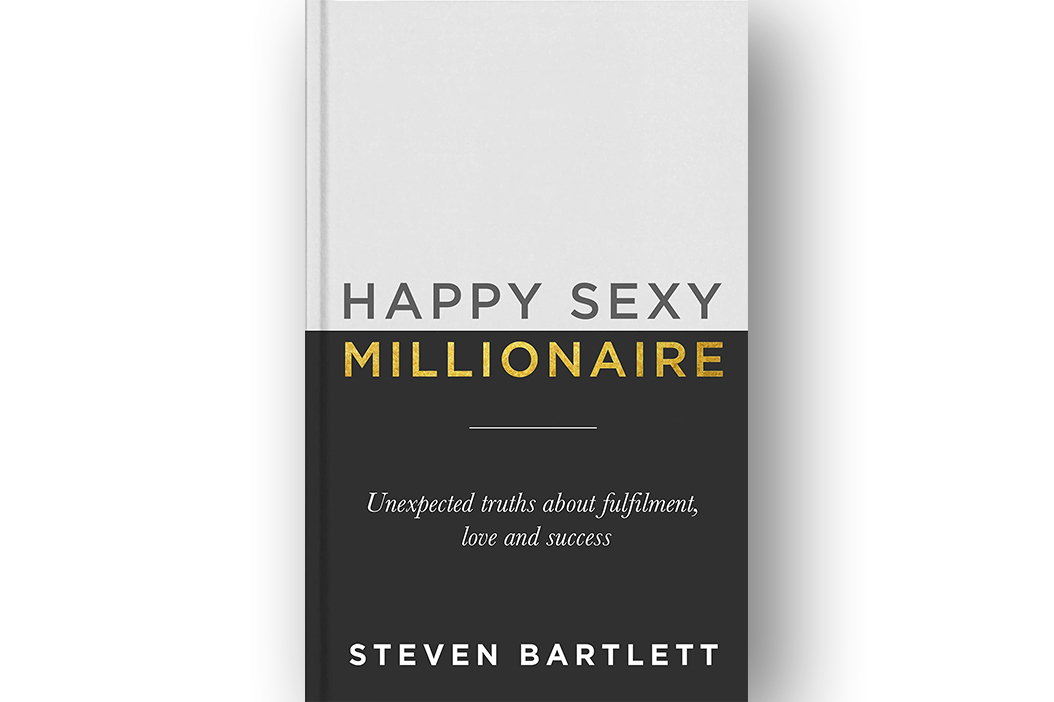
When Steven Bartlett was 18 he wrote down that he wanted to be a happy sexy millionaire. Bartlett's story is one of rags to riches. He was born in a working-class family in England, but he had a burning desire to be successful. He started his first business when he was just a teenager, and he quickly learned the ropes of entrepreneurship. By the time he was in his early twenties, he had already made his first business and has since gone on to build a massive business empire.
27. Start With Why
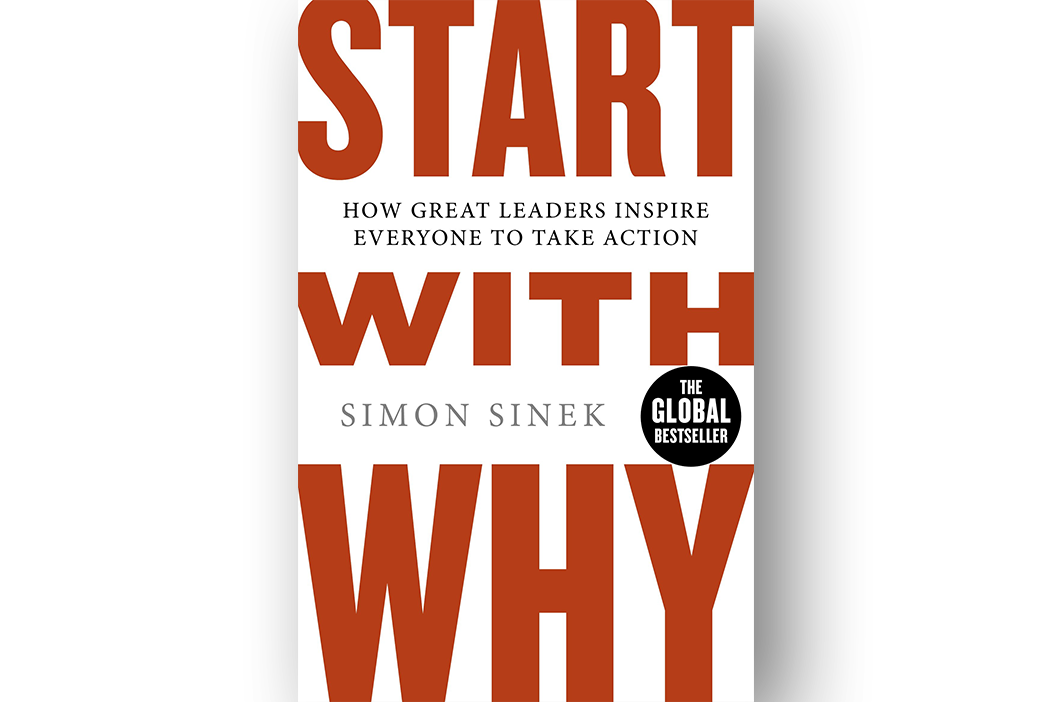
Simon Sinek provides a framework for building a successful business. The key is to start with the why – that is, the purpose, cause, or belief that drives everything you do. Your why should be more than just making money; it should be something that inspires others and makes them want to support your business. Many businesses start with what they do rather than why they do it, but the most successful businesses start from the ground up with their why.
28. How To Own The World
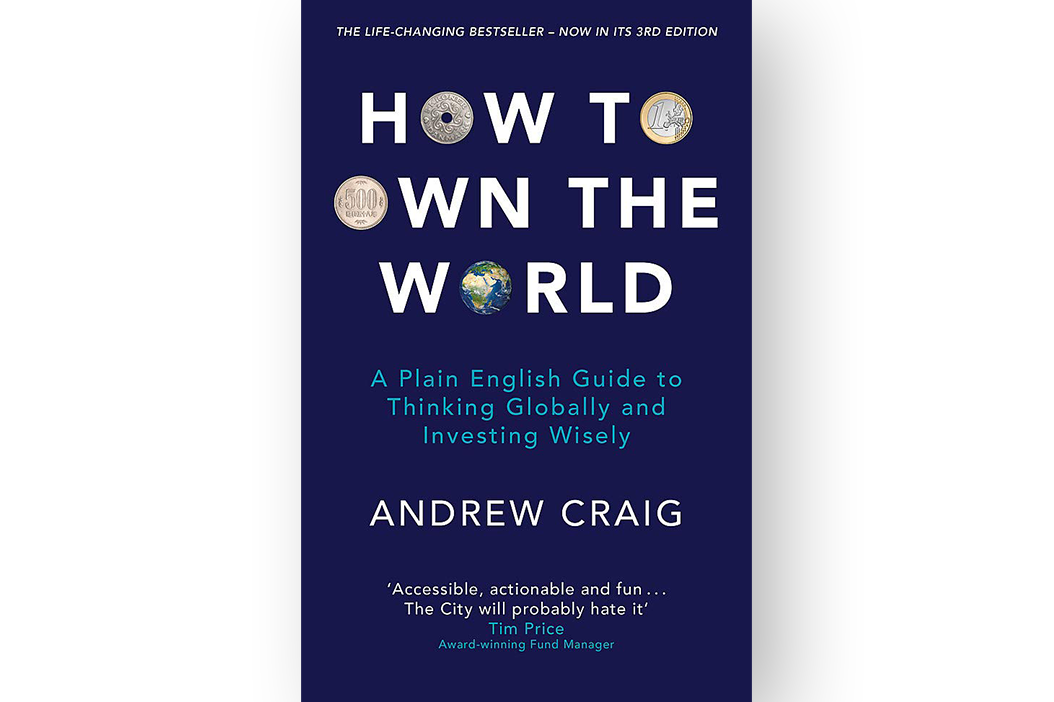
Andrew Craig lays out his case for why everyone should aspire to achieve financial independence. He argues that financial independence is the key to true freedom, and that it's within everyone's reach if they're willing to put in the work. He then discusses building wealth, covering everything from investing in assets like real estate and stocks to starting your own business.
29. The New Confessions Of An Economic Hitman
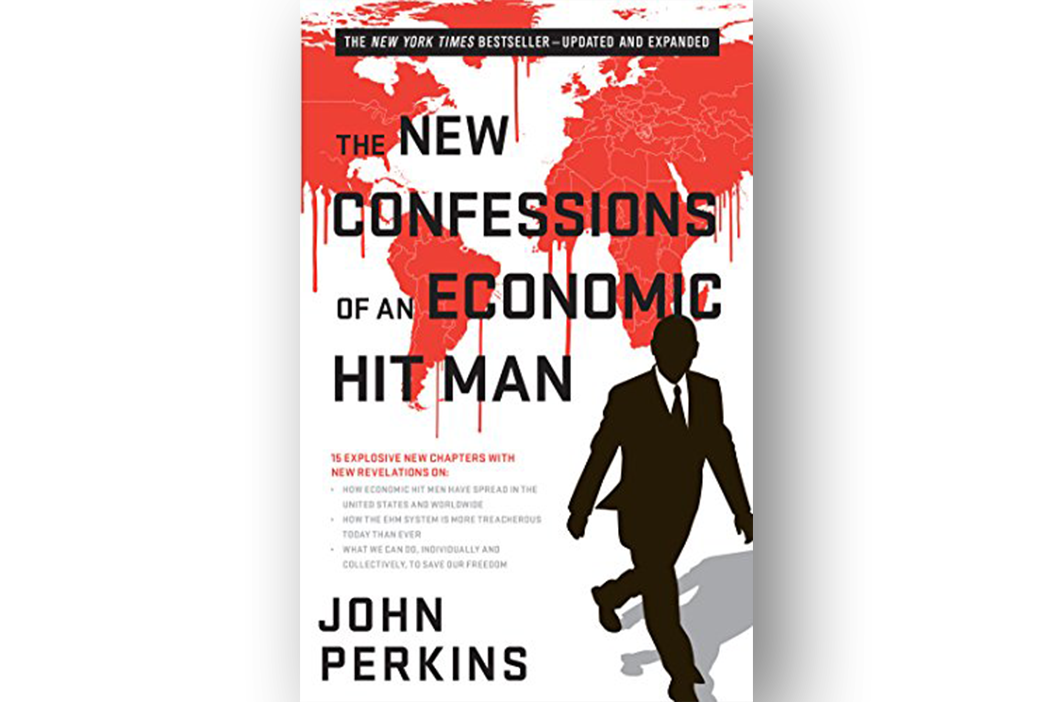
John Perkins was an economic hitman. His job was to convince developing countries to accept enormous loans for infrastructure projects that would ostensibly boost their economies, but which were really designed to further the interests of the U.S. government and multinational corporations. It is an eye-opening story of the way in which the American government and big business have conspired to foster a system that benefits only the rich and powerful.
30. Your Money or Your Life
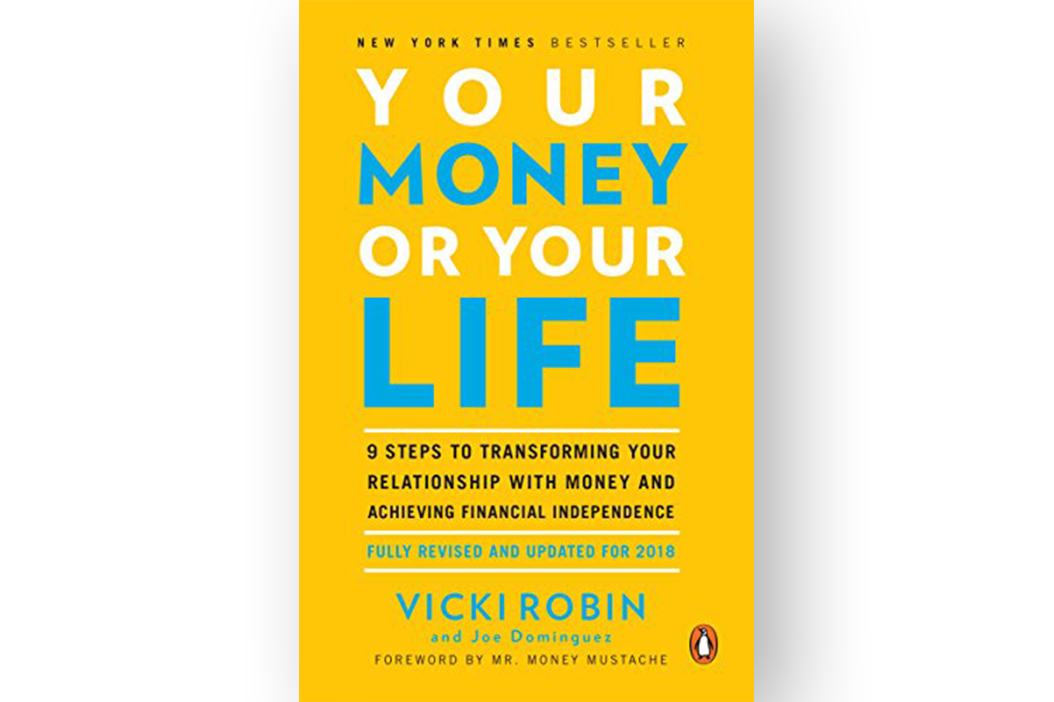
Your Money Or Your Life explores the idea that we spend a huge amount of out time in jobs that exhaust us and don't spend enough time living. By tracking where our money goes and spending it in the same way we expend energy, we may conserve more for the times when it matters. Vicki Robin and Joe Dominguez also delve into the idea that if we are constantly pursuing bigger things without that additional work providing us greater fulfillment, maybe we should rethink out goals.
31. The Millionaire Next Door
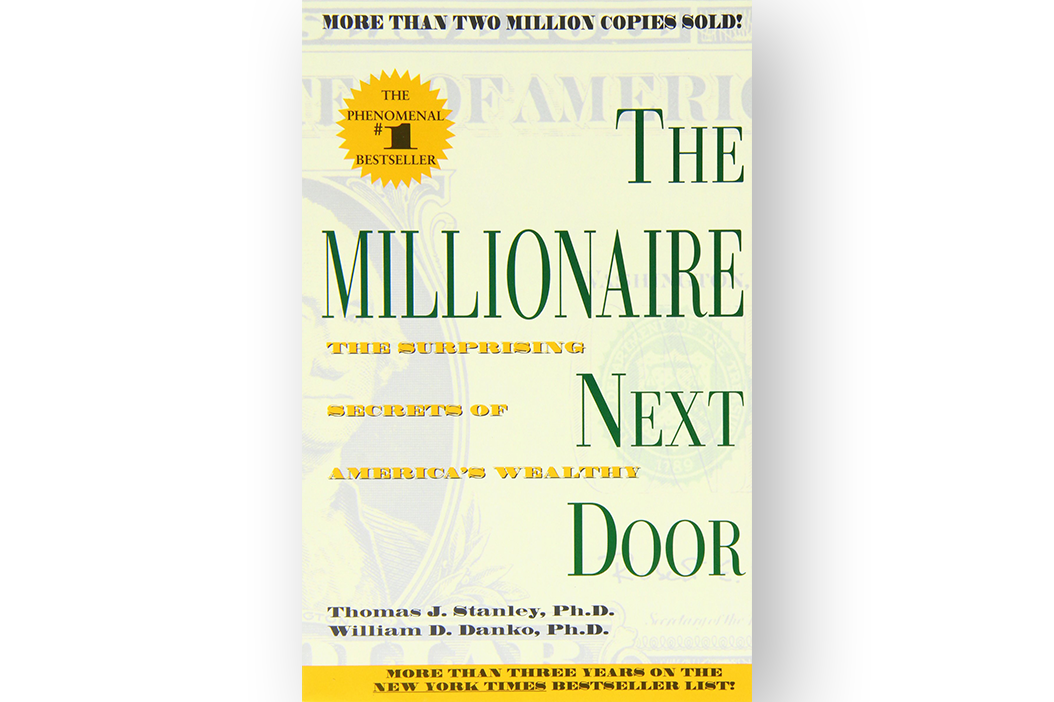
The Millionaire Next Door teaches you how simple spending and money management can result in a lifetime of wealth. It rejects the idea that you need an exorbitantly high salary to become rich and instead shows you how many millionaires accumulate their wealth by saving and living frugally. Thomas Stanley and William Danko, conducted years of research on millionaires in order to learn the habits that lead to their success.
32. Broke Millennial
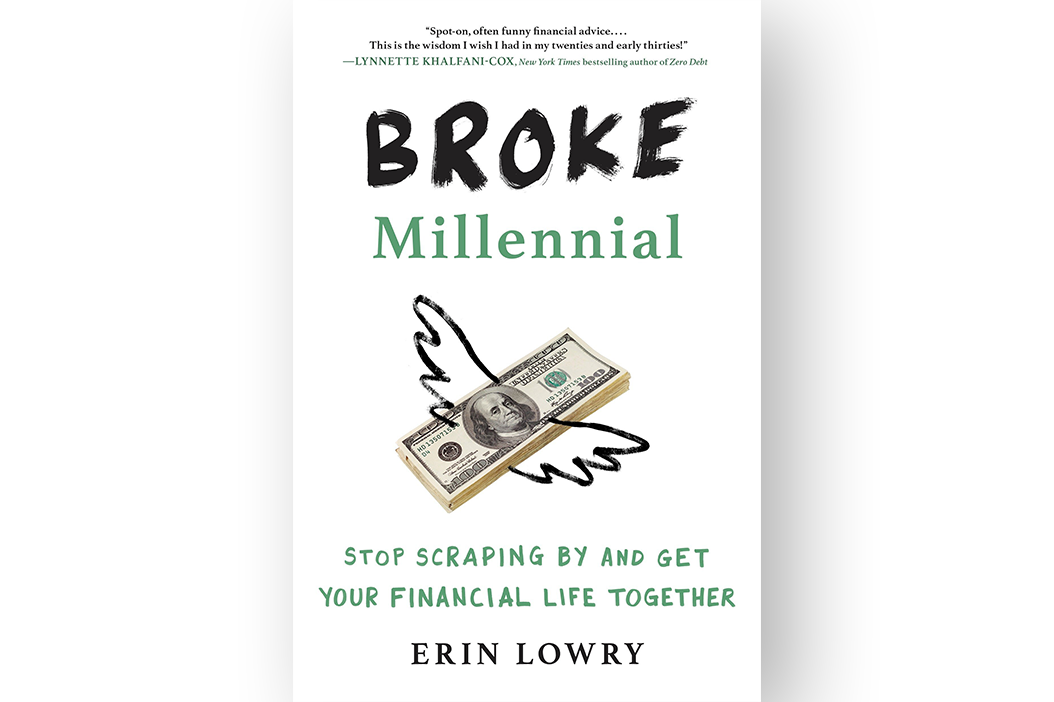
Erin Lowry takes a deep dive into the world of money and how it affects young people. Lowry shows readers that they can take control of their finances at a young age and start living life without constantly worrying about money.
33. The Total Money Makeover
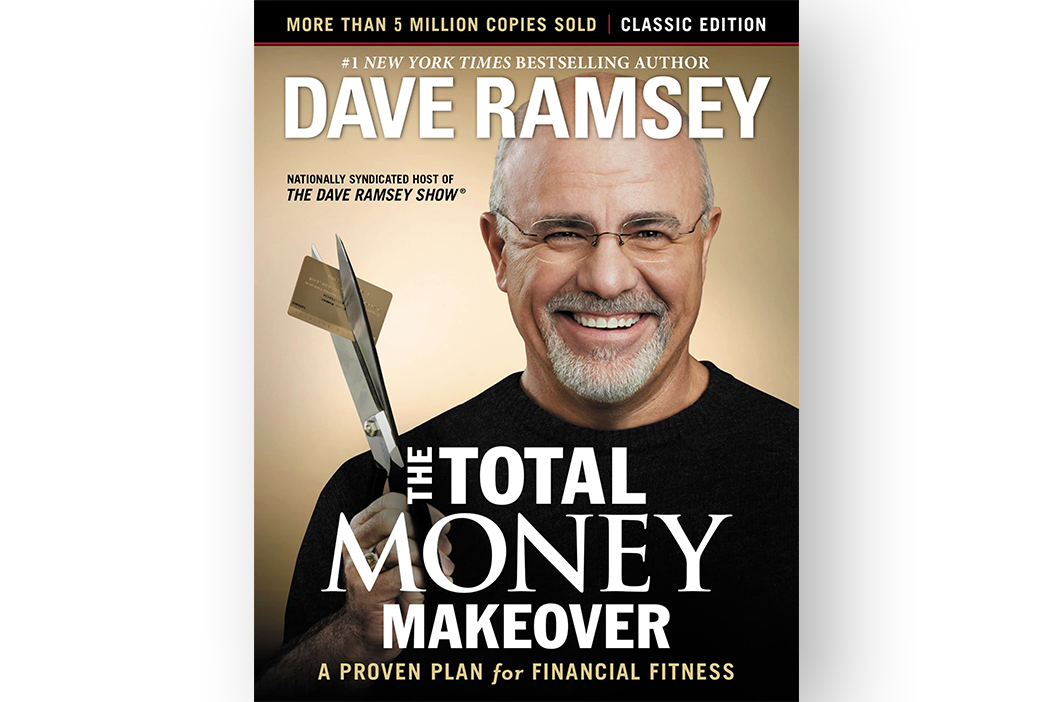
Dave Ramsey initially discusses the idea of saving $1000 as an emergency fund. He then moves into the Snowball method which is paying off your debts from smallest to largest. This section includes information on how to get rid of/reduce credit card debt, car loans, and mortgages. After getting out of debt, Dave Ramsay then talks about investing 15% of your income into retirement accounts. This book became a New York Times Bestseller.
34. Debt Free Degree
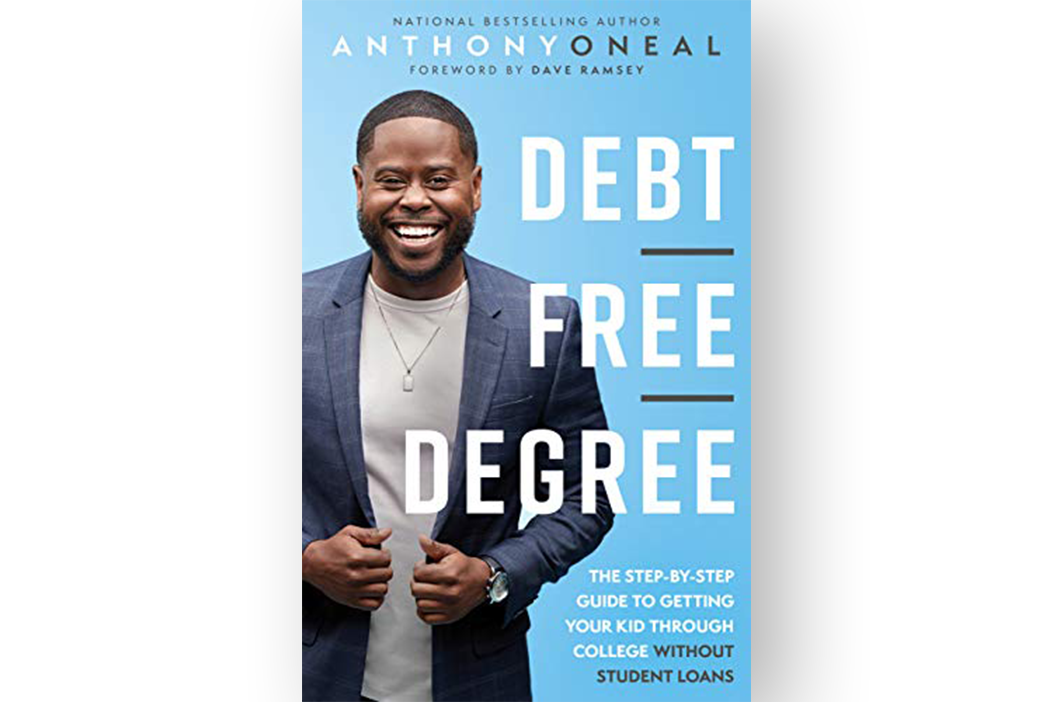
Anthony O'Neal breaks down the college process and explains how parents can help their children graduate without debt.
Higher education is a huge investment and one that often comes with a lot of debt. In Debt-Free Degree, Anthony O'Neal offers a game plan for how parents can help their children graduate from college without taking on any debt. He covers scholarships, financial aid, and student loans and offers advice on how to avoid the most common mistakes parents make when it comes to paying for college.
35. The Automatic Millionaire
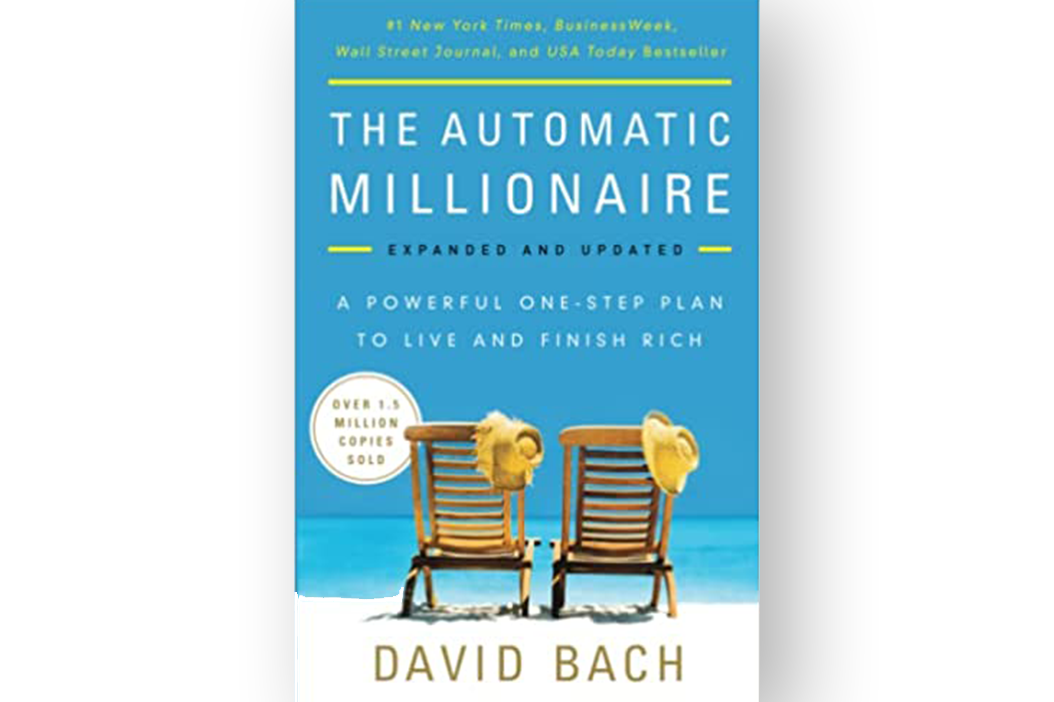
David Bach starts out by telling us how he used to think that in order to become a millionaire, you either had to earn a lot of money or win the lottery. However, he soon realized that there are actually many people who become millionaires without necessarily having a high income. The key, he says, is to make your money work for you.
36. Financial Freedom
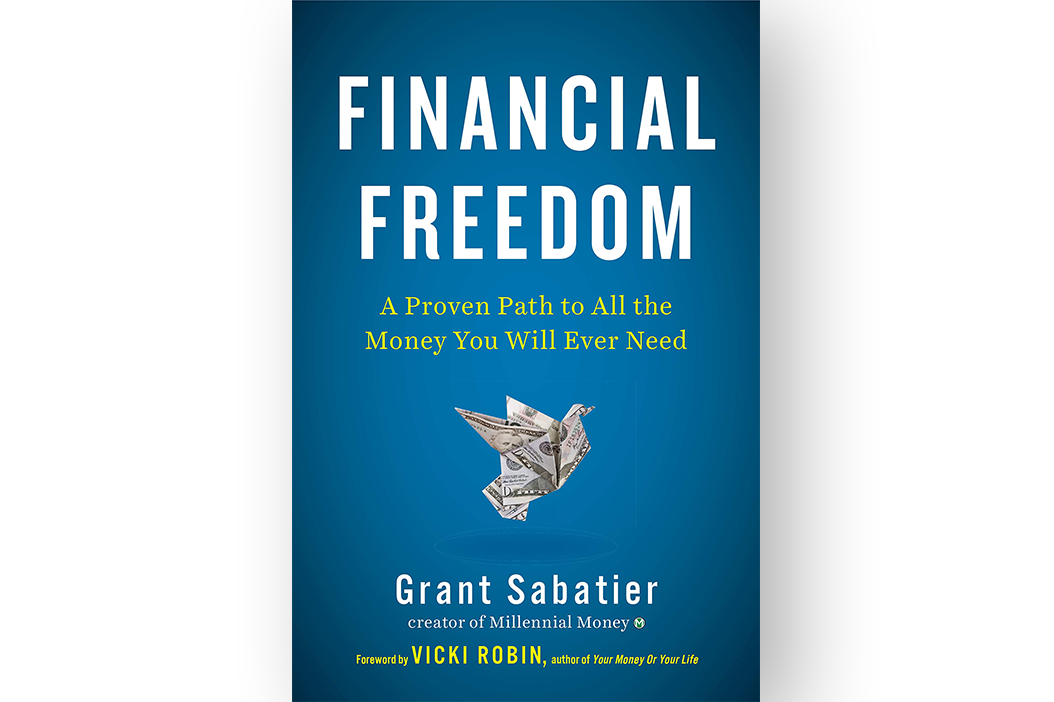
In the space of 5 years, Grant Sabatier went from having a few dollars in his bank account to over a million. He accomplished this through a combination of frugality, investing, and smart money decisions.
One of the most important lessons in the book is the importance of living below your means. This is something that Sabatier struggled with in his early 20s, but he was able to turn things around by making a concerted effort to save money.
37. The Richest Man In Babylon
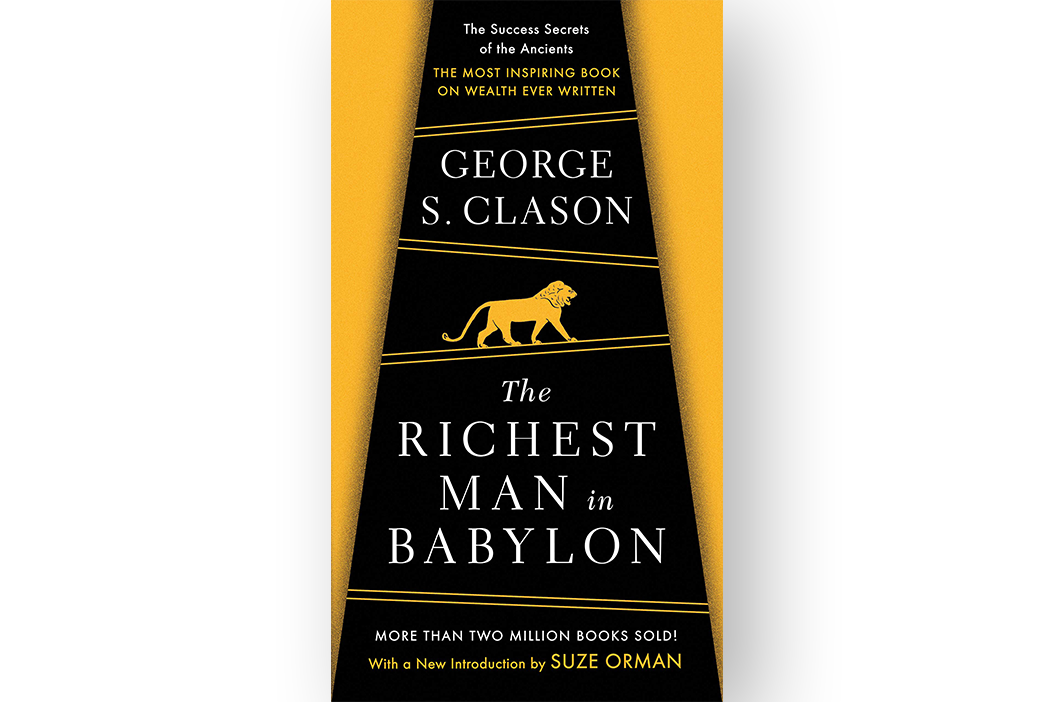
First published in 1926, George S. Clason's classic book on investing has remained a staple on the shelves of many investors. The story centers on Arkad, a man who joins the ranks of the city's elite by following some simple investing principles, such as setting aside 10 percent of his income for savings. Clason's book is still relevant today, and its lessons can be applied to any number of investing scenarios.
38. Spend Well, Live Rich
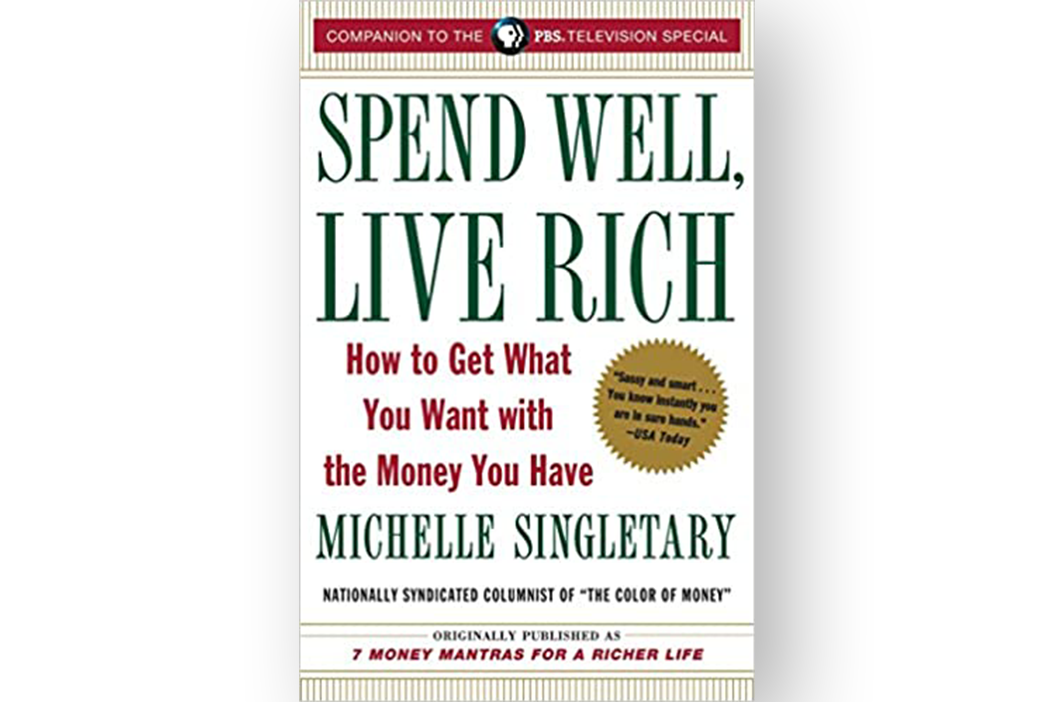
Michelle Singletary's grandmother never had a high salary but she managed to raise a large family. Singletary takes us through the seven steps that her grandmother used to become financially secure.
Singletary's book is full of personal anecdotes and advice on how to save money and live a rich life. The book is divided into seven sections, each devoted to one of her grandmother's steps. Singletary's writing is clear and concise, and she provides plenty of helpful tips for those looking to get their finances in order.
39. A Random Walk Down Wall Street
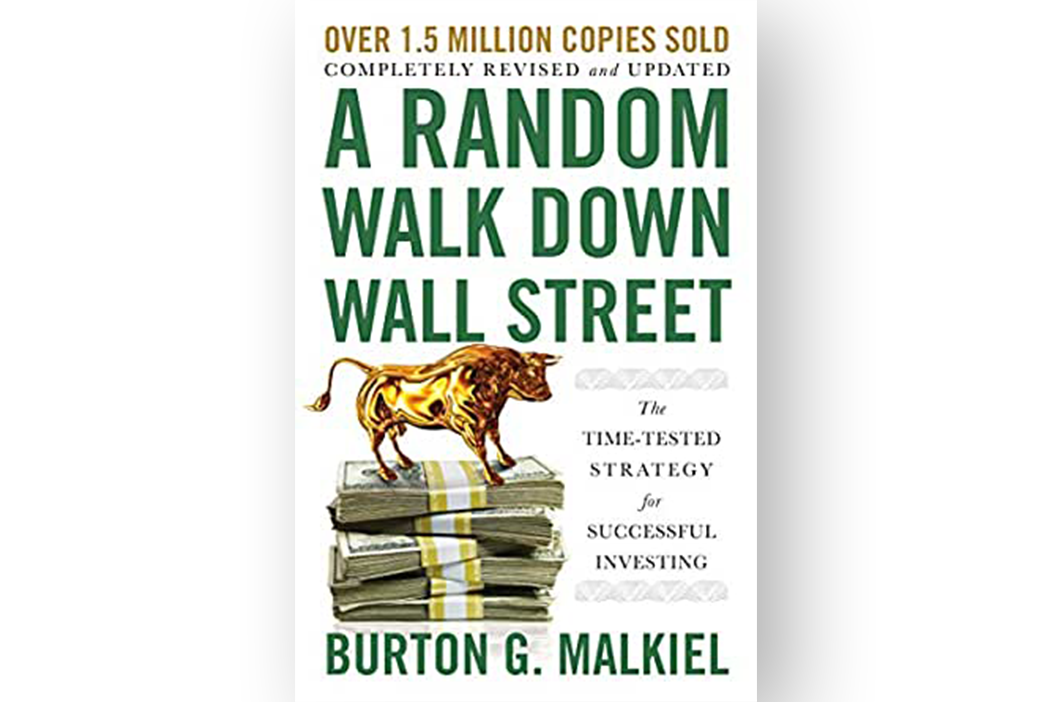
In a time where it feels like those on Wall Street have better data and more resources than the average person, it would be easy to get discouraged about making your own investment decisions. After all, these people have made a career out of this and if they can't beat the market, how could you ever hope to?
Burton Malkiel, a Princeton economics professor, sets out to show us that investing isn't as complicated or difficult as it may seem. And in many ways, he succeeds.
There you have it, the 39 best finance books that we think will help you get a better understanding of the financial world live in. It was difficult to rank them in order, but we did our best. Do you think we missed any? If so, please let us know in the comments below.


